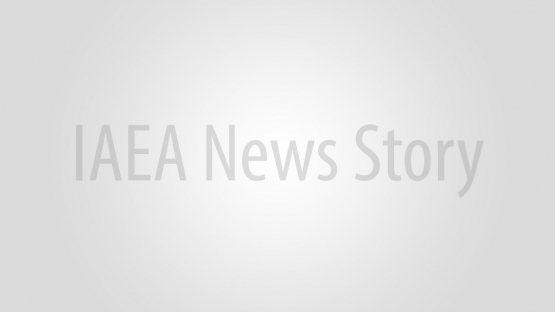Justification, a principle of radiation protection (GSR Part 3, International BSS), is implemented more effectively as a part of the medical process of determining the appropriateness of a radiological procedure. This is an evidence based process of choosing the best test for a given clinical scenario, with account taken of the diagnostic efficacy of the proposed procedure, as well as of alternative procedures that do not use ionizing radiation. This applies to procedures for symptomatic and asymptomatic individuals, as well as to the screening programs and biomedical research programs. Useful tools to support this decision making process include national or international referral guidelines developed by professional societies, and disseminated in different format and utilized through electronic request and clinical decision support tools or systems.
To identify issues related to unnecessary diagnostic imaging in the European region and formulate measures to strengthen justification, the IAEA organised under the Technical cooperation project RER 9135 “Strengthening Radiation Protection of Patients and Medical Exposure Control” a Regional Workshop, hosted by the University of Zagreb, School of Medicine, in Croatia, 26-28 October 2017.
The workshop was organized in close cooperation with the European Society of Radiology and the World Health Organization.
The meeting was attended by 45 participants from 20 European countries representing national radiological professional societies, health authorities and radiation protection regulatory bodies.
The programme combined presentations from representatives of IAEA, WHO and ESR, experts and participants with group-work to identify issues and good practices for better justification.
The meeting demonstrated that there were common themes within the region.
Solutions suggested for improving justification of imaging requests for patients include:
- Good regulations, responsibilities specified and taken.
- Imaging referral guidelines: up to date, evidence-based, regulatory requirement. Choice of guidelines and format of their distribution depends on healthcare practice, technology and economy: paper, web, app and CDS versions available.
- Common professional and legal support for correct examination at the right time, based on the clinical question and information provided.
- Education and training - according to national needs. Targeted to all stakeholders as required and at all levels including CPD. Escalate if needed. Apply workflow solutions.
- Radiologist should have the time and authority to amend or return requests.
Solutions suggested for improving justification of imaging for asymptomatic individuals not referred by a doctor:
- Must be evidence-based especially for population screening and individual health assessment (IHA) for asymptomatic individuals.
- IHA- risk factors used to replace symptoms to inform justification. If symptomatic then should re-enter patient justification pathway. Data from IHA should inform healthcare population studies.
- Medical physics expert and radiologist needed to determine ethical committee decision in research.
- Conflict of interest must be managed to avoid harm to individual.
- Ethical considerations needed for immigration, employment, sports imaging.
The meeting recommended the following next steps:
1. National or local implementation of justification tools:
- Adopting / adapting Imaging Referral Guidelines from a trusted source (professional societies, regulatory competent authorities)
- Support from regulators, health ministries, medical societies radiological and clinical, radiographic societies, medical physicists.
- Public awareness for expectations and safety.
2. Education/training
- Training material from professional societies and international agencies e.g. IAEA, WHO, ESR, etc.
- RP training within university curricula, workflow, CPD
- Regional/sub-regional/national training workshops organized by IAEA, WHO, ESR
3. Feedback to National RP competent authorities and Ministries of Health, provided through the IAEA and WHO
The need for flexibility for methods and strategies according to local practices, healthcare technology and economy was identified. Help is needed from radiological and clinical professional societies, radiographers, regulatory agencies, Ministries and International agencies as well as lay organisation for public awareness.
The workshop demonstrated the value of bringing together regulators and professionals from a single region, where there are clearly common issues and challenges. The opportunity to share these, and solutions and progress where available, provided a practical element to the workshop that cannot be provided so easily when the participants are from one background or multiple regions.
The collaboration between the IAEA, ESR and WHO in organizing the workshop was recognized as useful and recommended to continue at regional and sub-regional level, further following the multi-stakeholder approach and involving also referring physicians, in particular general practitioners, in future events in order to maximise the impact.


